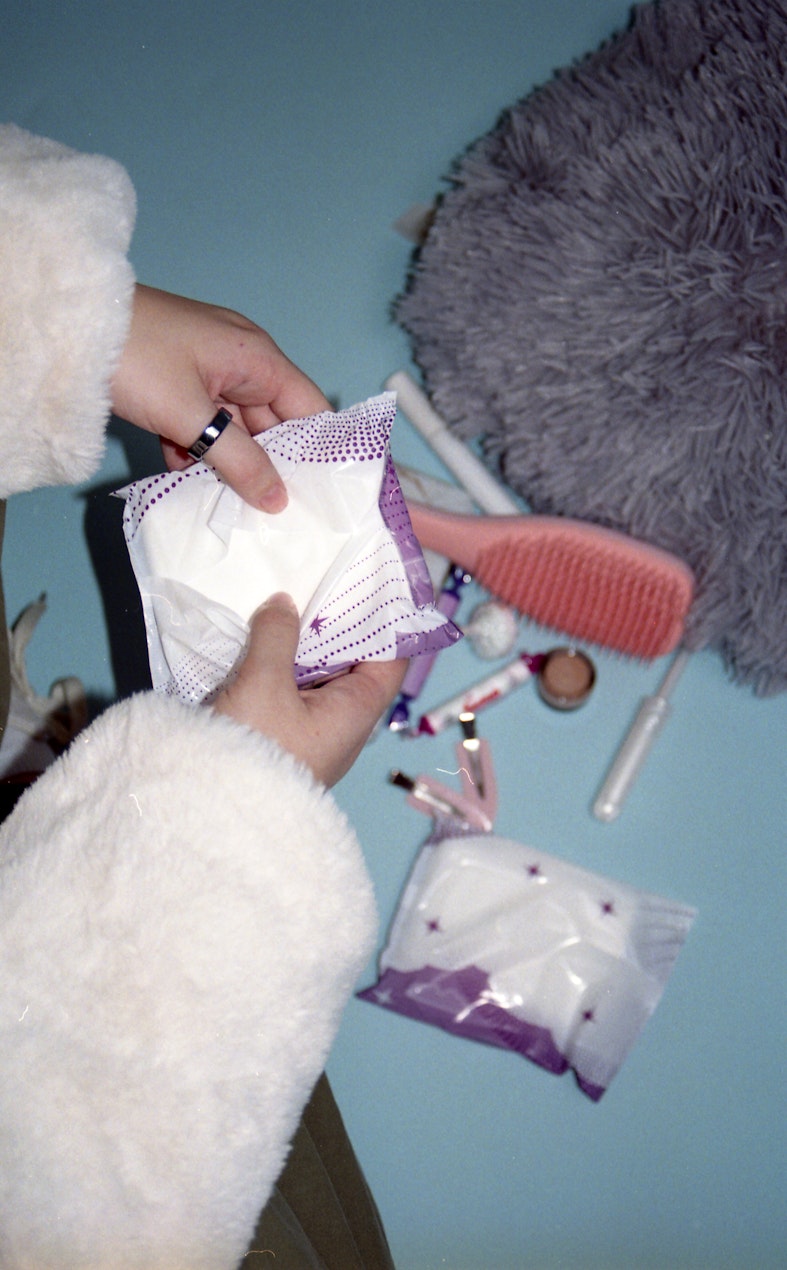
What is “precocious puberty”?
Signs your child is going through puberty early

Puberty is when a child’s body starts to develop and change as they become an adult.
Normal puberty begins at any time from the ages of 8-13 in children assigned female at birth (AFAB), and 9-14 in children assigned male at birth (AMAB).
Precocious puberty (early puberty) is when children show signs of puberty earlier than usual.
For girls (AFAB), this is before the age of 8, and for boys (AMAB), it's before the age of 9. Precocious puberty mostly affects girls (AFAB), and in many cases, there is no clear cause.
Signs of precocious puberty
The signs of precocious puberty are the same as those associated with normal puberty. In girls (AFAB), this can include:
- Increasing height/growth spurt
- Early breast development
- Spotting or starting periods
In boys (AMAB), signs can include:
- Testicle and penis growth
- Facial hair
- A deepening voice
These signs can also be accompanied by other signs of puberty such as pubic or underarm hair development in any child.
Why can puberty start earlier than expected?
In many cases, there’s no clear reason why a child starts puberty early. Sometimes, it can just run in families.
Occasionally, however, there may be an underlying cause – such as a problem with the brain, ovaries, thyroid gland, or a genetic condition. While this is uncommon, a doctor may recommend further tests or a referral to a specialist to rule out any underlying problems causing your child’s symptoms.
What should a parent do if they spot these signs?
If you notice any signs of puberty in your child before the age of 8, it’s recommended to see a doctor for further assessment.
Supporting your child and yourself
Precocious puberty may be worrying for your child and for you as a parent, and it's important to look after your own mental and physical wellbeing.
It’s a good idea to talk to your child about these changes and why they may be happening, which can help reduce any fears and worries they’re having about potentially going through changes at a different time to their peers.
When the time comes, here are some dos and don’ts for your daughter’s first period to help guide the conversation if you have a daughter.
If early puberty runs in the family or you notice it happening, it may be a good idea to keep period products in the cupboard just in case – if you child will one day menstruate – and talk to your child when you think they’re ready to explain what a period is.
To understand the early signs for girls starting periods, explore signs your daughter is about to start her period.
And for further guidance, here’s what to pack in a first period kit to help your child feel prepared and supported.
Why not support your teen with luna premium?
Our app, luna, has dedicated advice on this topic which can help them feel more empowered through adolescence.
You can think of luna as a modern, digital approach to wellbeing – it’s cost-effective, verified by doctors and safeguarding experts, and has a direct line into the biggest concerns facing teens today – so it’s actually addressing what they need advice on, when they need it.
If you’ve been looking for an antidote to the misinformation and negativity shared on social media or forums, you can get luna for your teen via our luna premium page for the price of a coffee each month or manage their subscription by downloading luna yourself and signing up as a parent (it's "we are luna" in app stores).
How we created this article:
luna's team of experts comprises GPs, Dermatologists, Safeguarding Leads and Junior Doctors as well as Medical Students with specialised interests in paediatric care, mental health and gynaecology. All articles are created by experts, and reviewed by a member of luna's senior review team.
Sources:
NHS “Early or Delayed Puberty”
https://www.nhs.uk/conditions/early-or-delayed-puberty/Boston’s Children Hospital “Precocious Early Puberty”
https://www.childrenshospital.org/conditions/precocious-early-pubertyFind out about trends when your teen does
Sign up to our parent newsletter for emails on the latest teen trends, insights into our luna community and to keep up to date
By signing up, you are agreeing that we can use your email address to market to you. You can unsubscribe from marketing emails at any time by using the link in our emails. For more information, please review our privacy statement.